
ICD 10 for General Surgery
Malaria in humans is caused by protozoan parasites of the genus Plasmodium, including Plasmodium falciparum, P. malariae, P. ovale, and P. vivax. In addition, zoonotic forms have been documented as causes of human infections and some deaths, especially P. knowlesi, a parasite of Old World (Eastern Hemisphere) monkeys, in Southeast Asia.
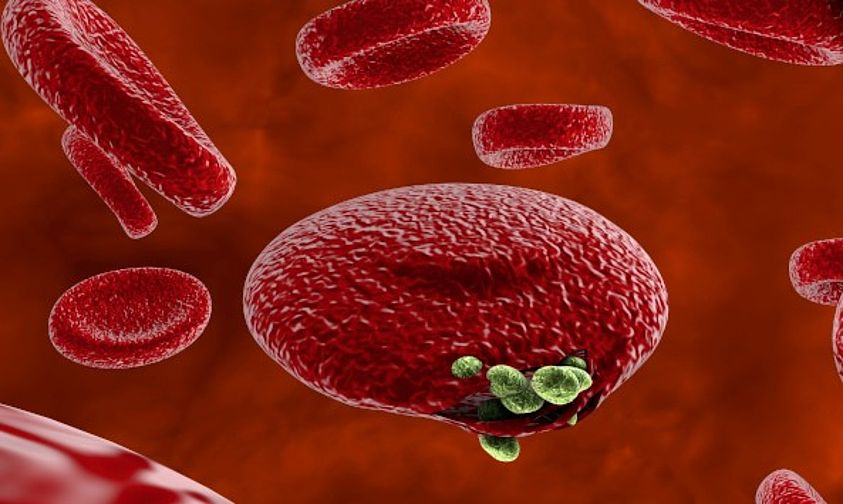
Soluciones de pruebas para la malaria HUMAN Diagnostics Worldwide
Introduction. Human malaria is an infectious disease of great relevance in tropical and subtropical regions worldwide. This disease threatens more than 40% of the world population, causing 229 million cases and 410,000 deaths per year (World Health Organization, 2020).Malaria eradication has been a main goal of scientific and public health communities over the last century, which prompted the.
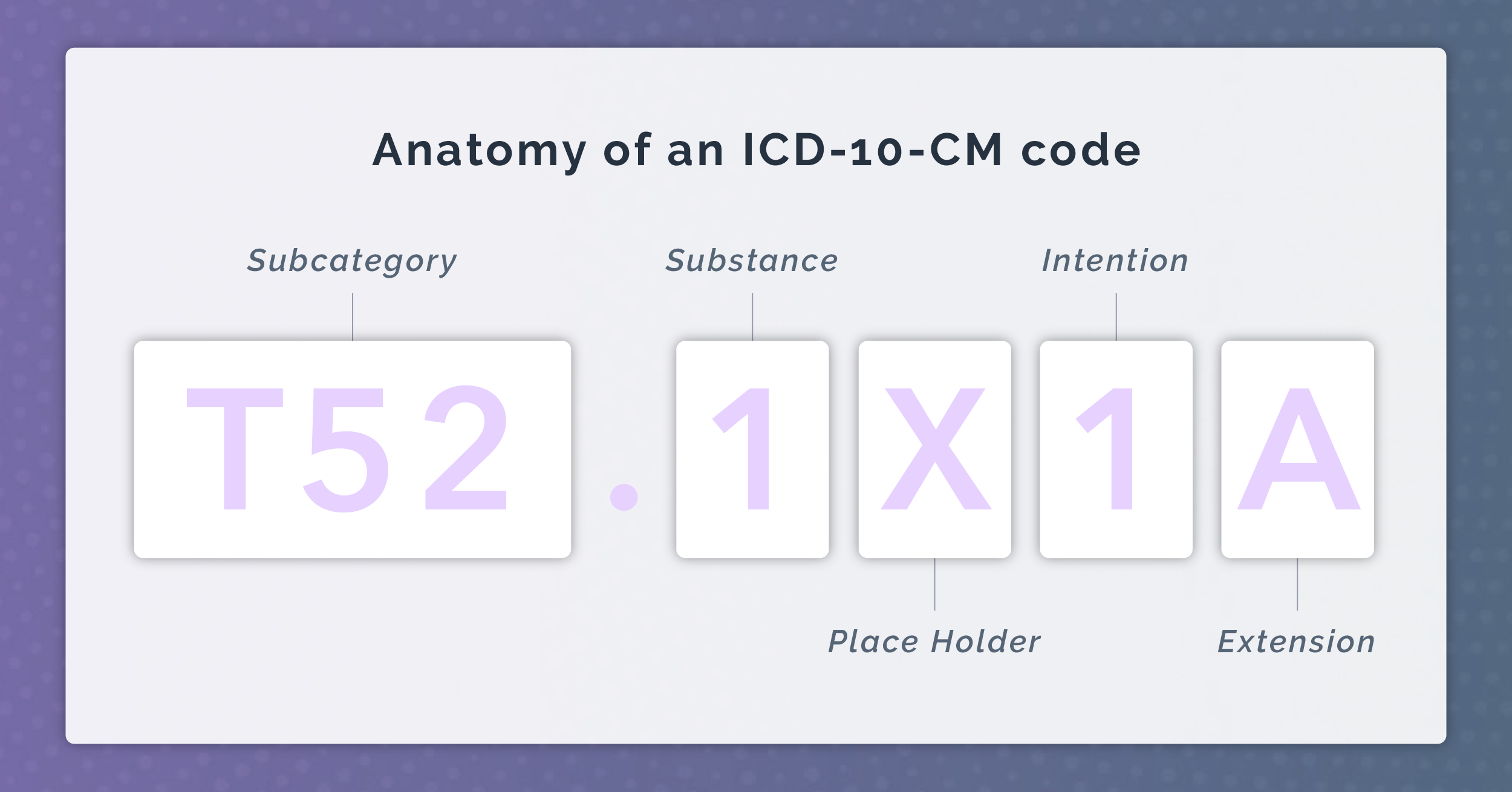
ICD10CM 101 A guide to the international classification system IMO
Epidemiology of malaria and anaemia. The clinical consequences of malaria, and in particular the prevalence of anaemia, depend on the intensity of malaria transmission (Fig. 1).The main determinants of malaria transmission intensity are the density, longevity, biting habits, and efficiency of the local mosquito vectors [].In high transmission settings people may receive as much as one.
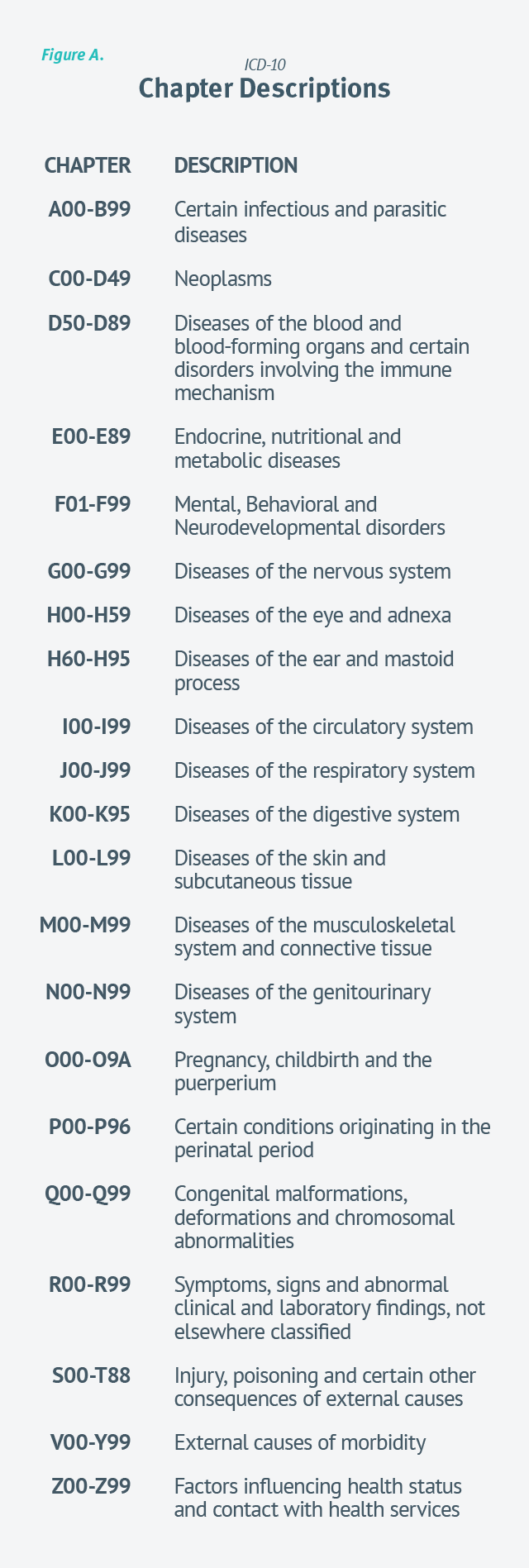
An Analysis of ICD10, CPT®, and E/M Coding Trends Over Five Years Experity
Other severe and complicated Plasmodium falciparum malaria. B50.8 is a billable/specific ICD-10-CM code that can be used to indicate a diagnosis for reimbursement purposes. The 2024 edition of ICD-10-CM B50.8 became effective on October 1, 2023.
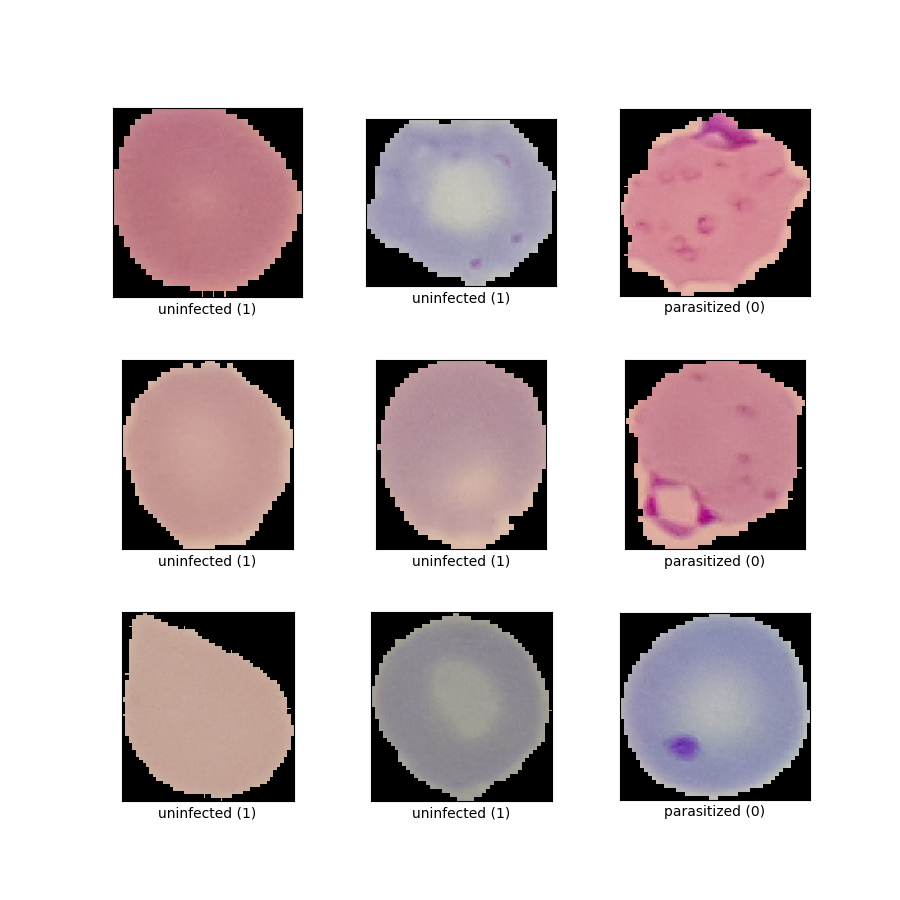
malaria TensorFlow Datasets
View ICD-10 Tree. Chapter 1 - Certain infectious and parasitic diseases (A00-B99) » Protozoal diseases (B50-B64) » Plasmodium vivax malaria without complication (B51.9) Related MeSH Terms.
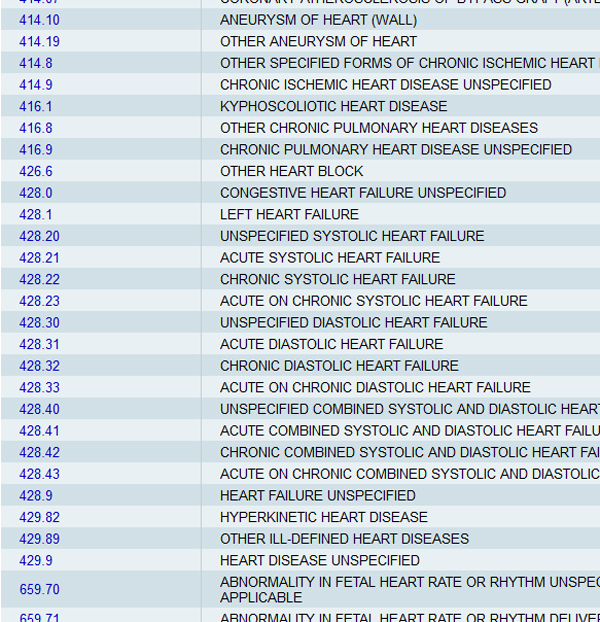
Medical Safety Innovation Gets a Boost from Systematic Analysis Now Drexel University
A00-B99 - Certain infectious and parasitic diseases. B50-B64 - Protozoal diseases. B50 - Plasmodium falciparum malaria. B51 - Plasmodium vivax malaria. B52 - Plasmodium malariae malaria. B53 - Other specified malaria. B54 - Unspecified malaria. B55 - Leishmaniasis. B56 - African trypanosomiasis.

Mapping the End of Malaria Bill Gates
The Official ICD-10-CM Coding Guidelines; ICD-10-CM Tabular List of Diseases and Injuries; ICD-10-CM Index to Diseases and Injuries; ICD-10-CM External Cause of Injuries Index; ICD-10-CM Table of Neoplasms; ICD-10-CM Table of Drugs and Chemicals; Functionality features include: Search Index for main term or subterms

ICD 10 Obstetrics
1. Background. Malaria is a life-threatening infectious disease caused by protozoan parasites of the Plasmodium species. Globally, there were an estimated 228 million malaria cases and 405, 000 deaths in 2018, and 93% of the malaria cases and 94% of the deaths were in the African Region [1, 2].The sub-Saharan Africa region was the most affected area contributing the largest burden of malaria.

ICD 10 for General Surgery
View ICD-10 Tree. Chapter 1 - Certain infectious and parasitic diseases (A00-B99) » Protozoal diseases (B50-B64) » Plasmodium vivax malaria (B51) ICD-10 Subcodes (3) B51.0 - Plasmodium vivax malaria with rupture of spleen.

ICD10 Pediatrics Microwize Technology
The classic symptoms of malaria, which may be paroxysmal, are high fever with chills, rigor, sweats, and headache. Other manifestations can include nausea, vomiting, diarrhea, cough, tachypnea, arthralgia, myalgia, and abdominal and back pain. Anemia and thrombocytopenia are common. Hepatosplenomegaly frequently is present in infected children.
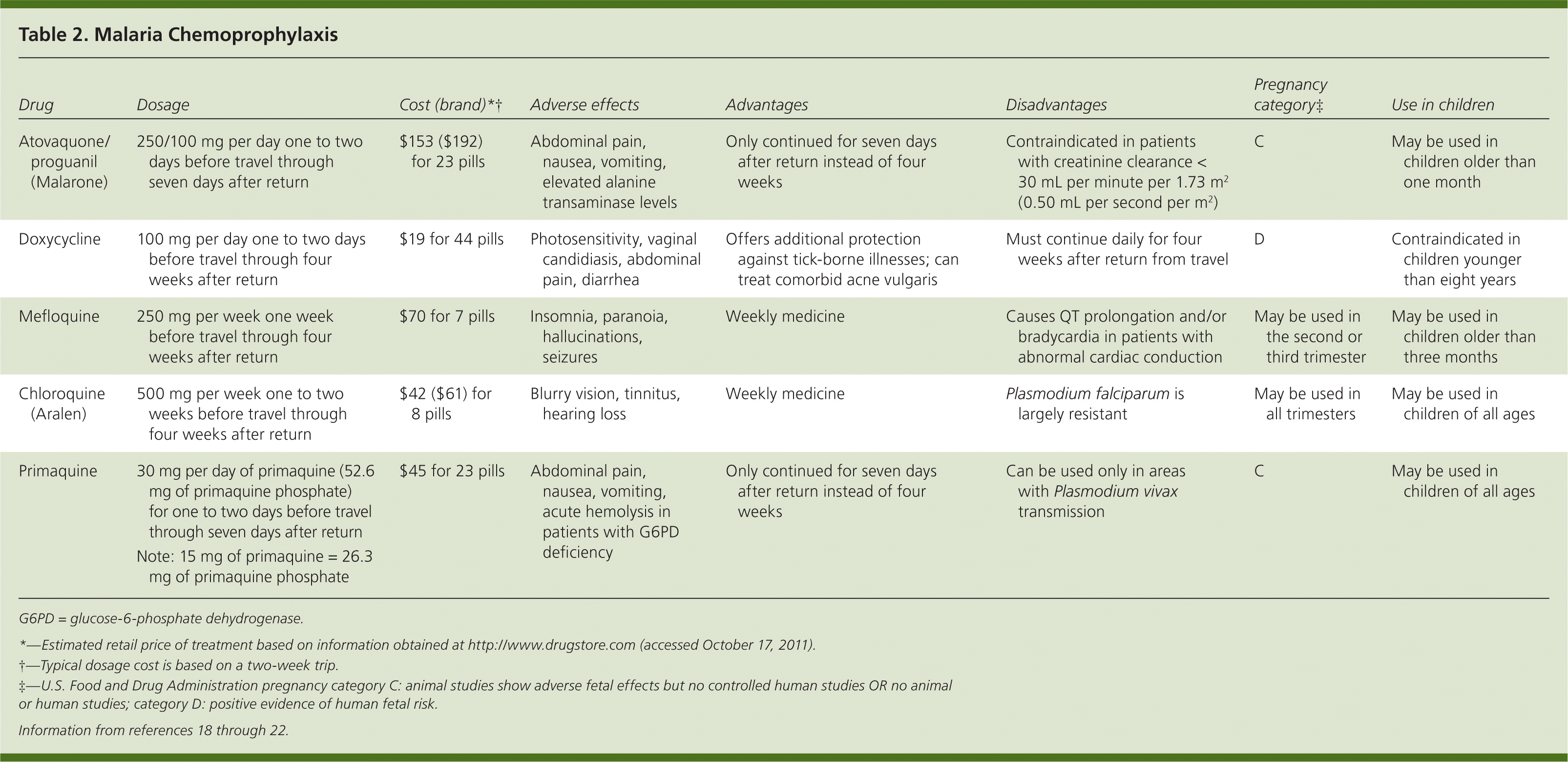
Prevention of Malaria in Travelers AAFP
Unspecified malaria. B54 is a billable/specific ICD-10-CM code that can be used to indicate a diagnosis for reimbursement purposes. The 2024 edition of ICD-10-CM B54 became effective on October 1, 2023. This is the American ICD-10-CM version of B54 - other international versions of ICD-10 B54 may differ.

Wie ICDKodierungen Zuweisungen beeinflussen SBK
2024 ICD-10-CM Range B50-B64. Protozoal diseases. Type 1 Excludes. amebiasis ( A06.-) other protozoal intestinal diseases ( A07.-) Protozoal diseases. Clinical Information. Malaria caused by plasmodium falciparum. This is the severest form of malaria and is associated with the highest levels of parasites in the blood.
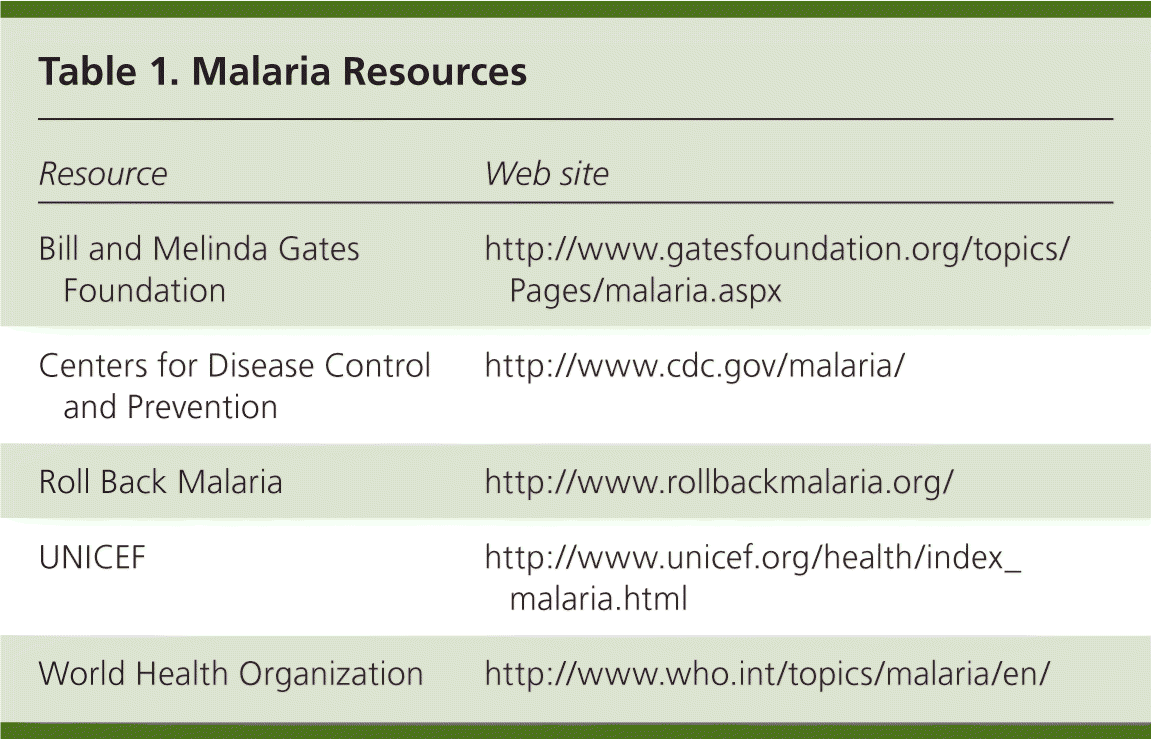
Prevention of Malaria in Travelers AAFP
Type 1 Excludes. Malaria due to simian plasmodia with Plasmodium falciparum (Malaria due to simian plasmodia with Plasmodium malariae (Malaria due to simian plasmodia with Plasmodium ovale ()Malaria due to simian plasmodia with Plasmodium vivax
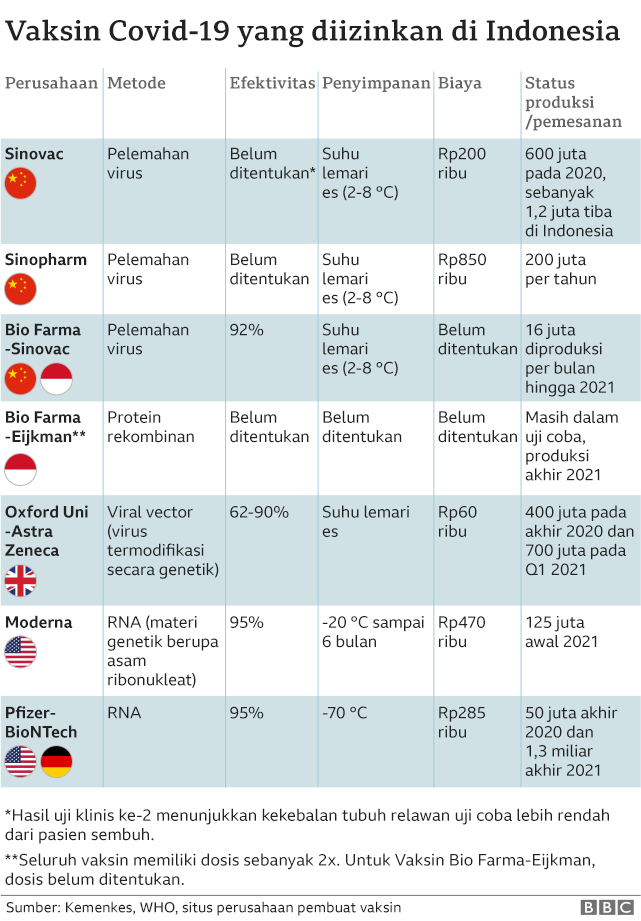
Demi vaksin Covid19 gratis, pemerintah diminta sisir kembali APBN 2021 BBC News Indonesia
Plasmodium falciparum malaria, unspecified. B50.9 is a billable/specific ICD-10-CM code that can be used to indicate a diagnosis for reimbursement purposes. The 2024 edition of ICD-10-CM B50.9 became effective on October 1, 2023.

ICD 10 Orthopaedics Lower
View ICD-10 Tree Chapter 1 - Certain infectious and parasitic diseases (A00-B99) » Protozoal diseases (B50-B64) » Plasmodium falciparum malaria, unspecified (B50.9) Related MeSH Terms Malaria, Falciparum D016778. 1 indication for 123 drugs (35 approved, 88 experimental).

ICD 10 Obstetrics
ICD-10 Subcodes (3) B50.0 - Plasmodium falciparum malaria with cerebral complications. 1 indication for 8 drugs. B50.8 - Other severe and complicated Plasmodium falciparum malaria. B50.9 - Plasmodium falciparum malaria, unspecified. 1 indication for 124 drugs. Hierarchy Tree View.